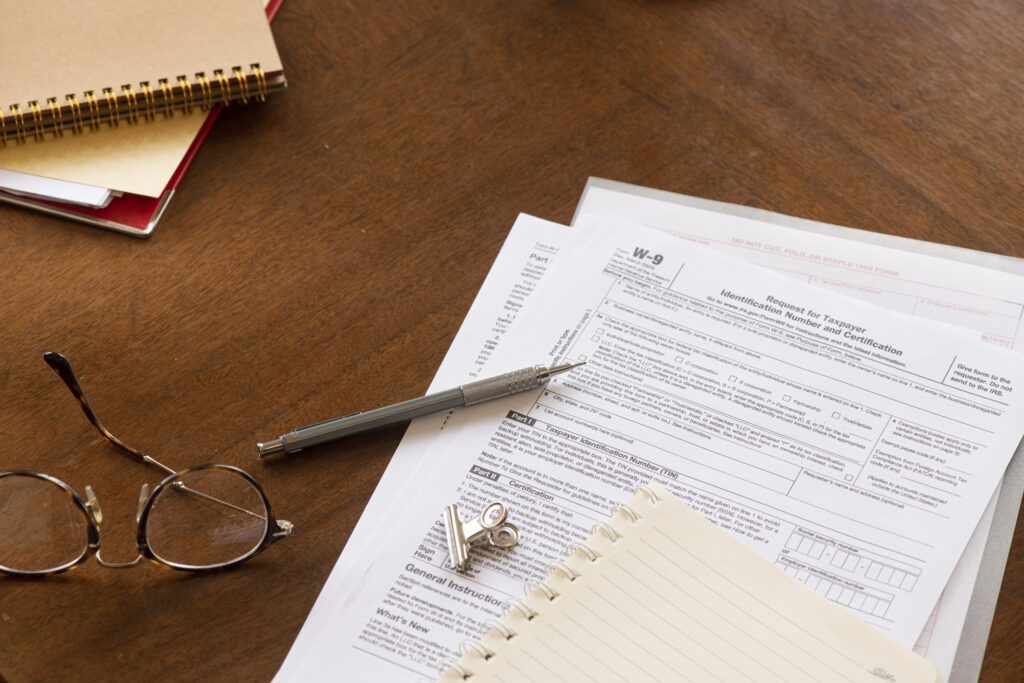When Do I Need to Update My Estate Plan?
Many people take the crucial step of setting up a will, power of attorney and other important estate planning documents, then set them aside assuming they’re “done.”
But here’s the truth: Estate plans aren’t “one-and-done.”
Life changes. When it does, your estate plan should too. Read on to learn more about the life events that you might not think of when it comes to estate planning, but are important to keep in mind.
Here are the major life events that should prompt a second look — and often a few updates — to your estate planning documents:
1. Family Milestones
These events within your family can have a significant ripple effect on your estate plan:
- Marriage or remarriage: Whether it’s yours or a loved one’s, marriage can change your intended beneficiaries, inheritance plans or the people you trust to make decisions on your behalf.
- Divorce: If you haven’t updated your estate planning documents or beneficiary designations since your divorce, your ex-spouse might still be in line to inherit assets or make crucial decisions for you.
- New children or grandchildren: Welcoming a new family member may mean adding them to your will or trust, or setting up guardianship plans if they’re minors.
- Death of a loved one: If someone named in your estate plan (like a beneficiary, executor, trustee or guardian) passes away, it’s essential to update your documents to reflect new choices.
These changes can affect more than just who will inherit assets. They can also impact who manages your estate and makes important decisions if you’re unable to.

2. Health Issues or Disability
If your health declines due to aging, illness or disability, it’s wise to make sure your estate planning documents reflect your current situation.
Your advance medical directive, living will and power of attorney should all be up to date. Ask yourself: Do these documents clearly state your preferences? Are the people you’ve named to act on your behalf still the right choices?
Updating your plan now ensures that your estate plan reflects your values and helps your family avoid confusion or conflict during difficult times.
3. Changes in Your Financial Picture
A significant change in your financial situation, such as an increase or a decrease in assets, is a good reason to revisit your estate plan.
This includes:
- Buying or selling a home
- Inheriting money
- Opening or closing a business
- Acquiring or losing investments, insurance policies or retirement accounts
- Gaining or losing valuable personal property
These shifts can affect how your assets should be distributed, how your estate is taxed and how much planning is needed to meet your goals. An updated plan ensures everything is accounted for and passed on according to your current wishes.

4. Moving to a Different State
Estate planning laws vary state to state — sometimes in ways that can significantly affect your estate plan. If you’ve moved across state lines since creating your estate plan, it’s important to have an attorney in your new state review your documents. Small differences in the law can impact your plan when it’s most needed.
5. Outdated Roles or Relationships
Over time, people’s lives — and relationships — evolve. Someone you trusted years ago to serve as your executor, trustee or healthcare proxy may no longer be the best fit today.
Maybe they’ve moved away, their health has declined or your relationship has changed. Or maybe you simply have someone else in your life now who is better suited for the job. Either way, these are good reasons to revise your plan.
6. Law and Policy Changes
Estate and tax laws change over time, both at the state and federal levels. Some changes affect how your property is taxed; others impact how your documents need to be written to remain valid.
Keeping up with legal updates doesn’t mean you need to track every change yourself. But it is wise to check in with an estate planning lawyer every few years to ensure your documents reflect current laws and strategies.

7. Digital Assets and Modern Realities
More of our lives now exist online, from social media accounts to digital photo albums to online bank accounts and cryptocurrency. If your estate plan doesn’t account for digital assets or how to access them, it’s missing crucial information.
In recent years, many estate plans set forth instructions for digital assets, including who can access them and how they should be managed in the event of incapacity or death.
When in Doubt, Review Every Few Years
Even if there are no significant changes in your life, it’s a good idea to review your estate plan every three to five years. Think of it like a regular checkup — a chance to make sure everything is still working the way you want.
Outdated documents can lead to confusion, delays, legal disputes or assets being distributed to the wrong people. Keeping your estate plan current gives you and your loved ones peace of mind.
Your estate plan is your voice when you can no longer speak for yourself. It’s how you ensure that your wishes are honored, your family is protected and your legacy is preserved.
Life doesn’t stand still — and neither should your estate plan. Taking the time to update it after major life changes is one of the most loving and responsible steps you can take for yourself and your family.


 Timothy J. Rice
Timothy J. Rice